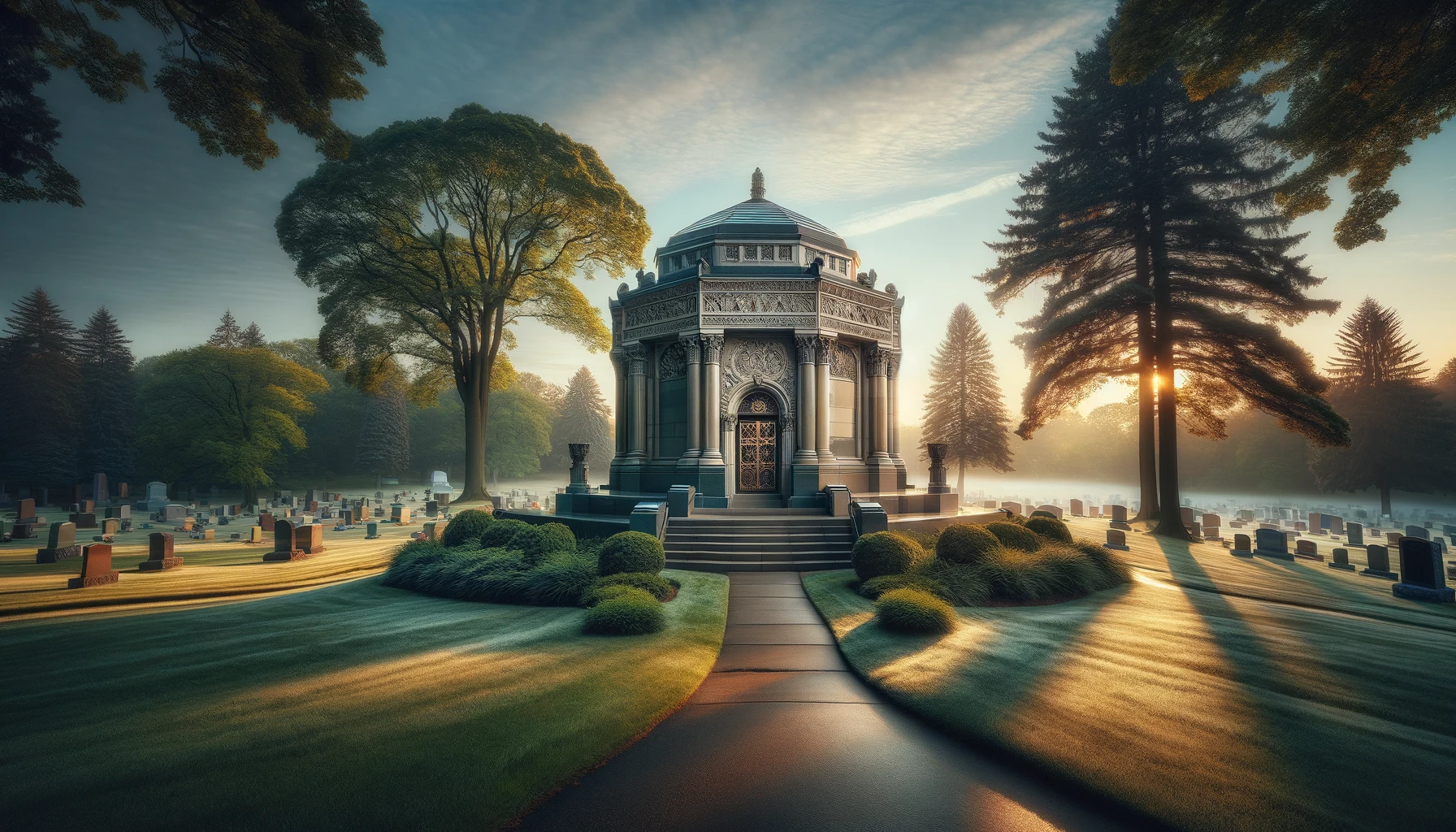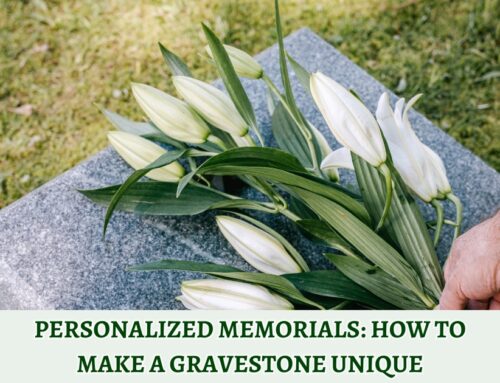Understanding Mausoleums: A Guide to Eternal Memorials
Topic: Mausoleums
Mausoleums stand as profound architectural expressions of remembrance, offering a dignified and eternal memorial for those who have passed. These structures, often seen as grand and enduring, serve as a testament to the lives and legacies of the individuals they house.
What Are Mausoleums?
The concept of a mausoleum dates back to ancient times, embodying the human desire to commemorate and memorialize the deceased in a manner that transcends time. The design of a mausoleum is not merely about creating a resting place; it’s about crafting a sanctuary of memory and respect.
In modern times, mausoleum design has evolved, incorporating both traditional and contemporary architectural elements. The use of durable materials such as granite ensures the longevity of these structures, making them eternal memorials in the truest sense. Granite, with its stately appearance and enduring nature, is a popular choice, symbolizing the unbreakable bond between the living and the departed.
Designing A Mausoleum
The interior of a mausoleum is just as important as its exterior. It’s a space meant for quiet reflection, often adorned with artworks, inscriptions, and other elements that reflect the life and values of the interred. The ambiance within a mausoleum can offer solace and comfort to visitors, making it a place of peace and reverence.
Personalization plays a crucial role in mausoleum design. Families often choose to incorporate symbols, images, or quotes that have special significance, making the mausoleum a unique and intimate tribute. This customization turns a mausoleum from a mere structure into a personal legacy, a lasting testament to the individual’s life and impact.
The Purpose of Mausoleums
Mausoleums also serve a communal purpose, providing a historical record and a place of collective memory. They can be found in cemeteries, churchyards, or even within private estates, each telling a story of the culture and times in which they were built.
The decision to opt for a mausoleum is a deeply personal one, often influenced by cultural, spiritual, and familial factors. For many, a mausoleum provides a sense of permanence and presence, a physical symbol that their loved ones continue to be a part of the world, even in their absence.
In Conclusion
Understanding mausoleums is to appreciate their role in the journey of mourning and remembrance. These eternal memorials are not just about marking the end of a life; they are about celebrating the enduring spirit of those who have left an indelible mark on the hearts of those they’ve touched. In their silent, stoic way, mausoleums remind us of our connection to the past and our place in the continuum of life.






Leave A Comment